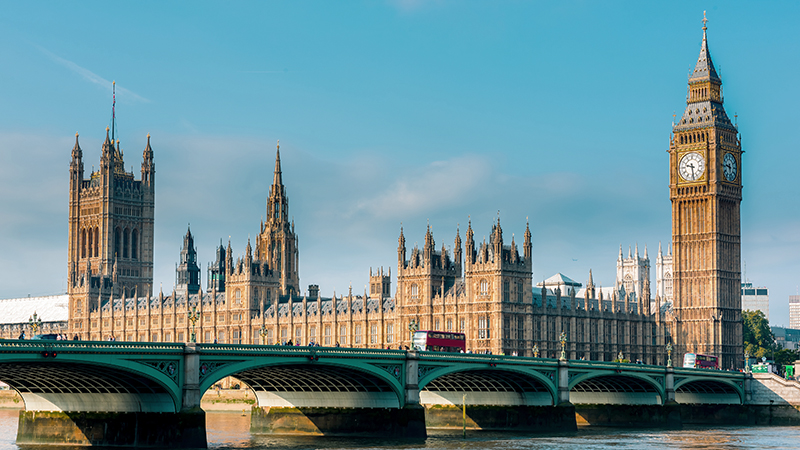
UK Govt believes pastoral conversations should be ‘non-directive’
The Government’s proposed ‘conversion therapy’ law risks criminalising “ordinary Christian ministry”, the Chairman of the Greater Love Declaration has warned.
Revd Dr Thomas Brand joined a group of church leaders in writing to the Prime Minister earlier this year to express concern at the unwarranted hostility Christians face on ‘conversion therapy’. You can read about the letter here.
The group offered to help the Government “better understand Christians and their beliefs”, in light of activists’ claim that it is ‘conversion therapy’ to express mainstream Christian beliefs on sexuality and gender in pastoral conversations.
But the Minister for Women and Equalities’ response only reinforces concerns over the lack of religious literacy in Government. In her letter back, Anneliese Dodds MP only recognises the role that church leaders “can have in supporting those exploring their sexual orientation or gender identity, in a non-directive way”.
Commenting on the Minister's response, Revd Brand says: “We saw this sort of language from the previous Government.” Such “assurances would do nothing to protect ordinary Christian ministry”.
He adds: “We are… very concerned that the Government believes that church leaders should operate like secular therapists by offering non-directive counselling.
“Christian ministry is most certainly directive. It’s the job of church leaders to urge people to follow Christ and turn away from sin.”
Revd Brand says they will continue to take every opportunity to engage with the Government, and encourages Christians and church leaders to do the same by signing up to the Let Us Pray campaign letuspray.uk
The Government has promised to bring forward a draft ‘conversion therapy’ Bill for England and Wales this parliamentary session. The word ‘draft’ is key because it normally means there will be a public consultation on the actual wording of the legislation and a parliamentary committee will be tasked with scrutinising it. Only after that can the Bill be proposed to Parliament.
Plans to outlaw conversion therapy – what to expect in 2026?
2025-12-23 09:47:27Aus Christians unite against extreme conversion therapy law
2025-12-10 12:15:40
